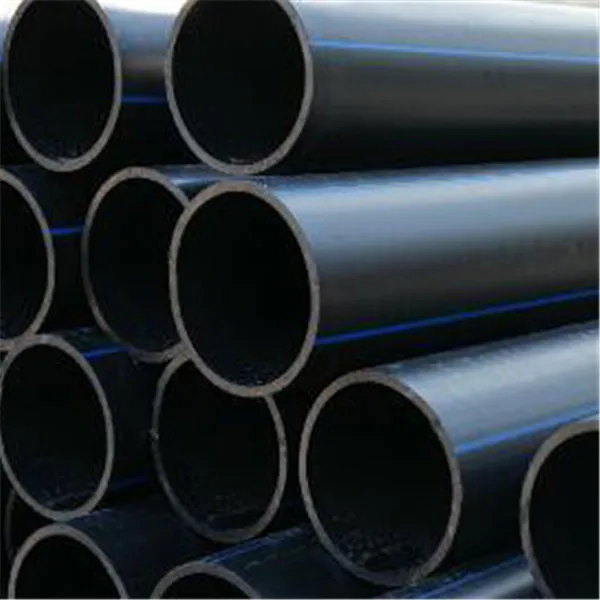నవం . 11, 2024 08:59 Back to list
hdpe drip pipe
Understanding HDPE Drip Pipe A Sustainable Solution for Agriculture
In the world of modern agriculture, efficient water management is crucial for maximizing crop yield and sustainability. Among the various irrigation technologies available, HDPE (High-Density Polyethylene) drip pipes stand out as a highly efficient solution for delivering water directly to the roots of plants. This article delves into the benefits of HDPE drip pipes, their applications, and their role in promoting sustainable agricultural practices.
What is HDPE Drip Pipe?
HDPE drip pipes are specialized irrigation systems made from high-density polyethylene, a versatile plastic known for its strength, durability, and resistance to corrosion and UV rays. These pipes are designed with a network of emitters spaced at regular intervals, allowing water to drip slowly and evenly onto the soil. The key advantage of this method is that it minimizes water waste and ensures that plants receive the necessary moisture without the risk of overwatering.
Benefits of HDPE Drip Pipes
1. Water Efficiency One of the most significant advantages of HDPE drip pipes is their ability to conserve water. Traditional irrigation methods, such as sprinklers or flood irrigation, can lead to substantial water loss due to evaporation and runoff. In contrast, drip irrigation directs water precisely where it is needed, reducing waste and promoting efficient water usage.
2. Improved Crop Yield By delivering water directly to the root zone, HDPE drip pipes enhance nutrient uptake and promote healthier plant growth. This targeted approach often results in increased crop yields and better-quality produce, making it a preferred choice for commercial farmers.
3. Soil Health Drip irrigation helps maintain optimal soil moisture levels, reducing the risk of soil erosion and nutrient leaching. The slow application of water allows the soil to absorb moisture more effectively, fostering a healthy root environment.
4. Versatility and Customization HDPE drip pipes can be customized to fit a variety of crop types and field layouts. They can be adapted for use in different terrains, making them suitable for various agricultural practices, from greenhouse cultivation to open-field farming.
hdpe drip pipe

5. Durability and Longevity HDPE is resistant to chemicals and environmental factors, which means that drip pipes made from this material can last for many years with minimal maintenance. This longevity makes them a cost-effective option for farmers in the long run.
Applications of HDPE Drip Pipes
HDPE drip pipes are widely used in various agricultural sectors, including
- Fruits and Vegetables The precision of drip irrigation makes it ideal for cultivating sensitive crops such as tomatoes, cucumbers, and strawberries that require consistent moisture.
- Orchards Drip systems provide an efficient means of irrigation for fruit trees, ensuring they receive adequate water without waste.
- Greenhouses In controlled environments, HDPE drip pipes facilitate efficient water distribution while minimizing humidity levels that can encourage disease.
Conclusion
In conclusion, HDPE drip pipes represent a sustainable and efficient solution for modern agriculture. As the demand for water resources increases and climate challenges become more prominent, adopting innovative irrigation systems like HDPE drip irrigation is essential. These pipes not only improve water efficiency and crop yields but also contribute to healthier soil and sustainable farming practices. As we move towards a more sustainable agricultural future, HDPE drip pipes will play a pivotal role in achieving those goals while ensuring food security for a growing population.
-
Durable PP Rigid Sheet: Lightweight, Chemical Resistant Solutions
NewsAug.21,2025
-
PVC Grey Sheet for Extraction: Chemical Resistant & Durable
NewsAug.19,2025
-
Durable PVC Pipe Fittings for Plumbing & Irrigation Needs
NewsAug.18,2025
-
HDPE Steel Belt Reinforced Spiral Corrugated Pipe | High Strength
NewsAug.17,2025
-
HDPE Pipe Fittings: Durable, Leak-Proof Solutions
NewsAug.16,2025
-
Premium CPVC Sheet: High-Temp & Chemical Resistant Solutions
NewsAug.15,2025

